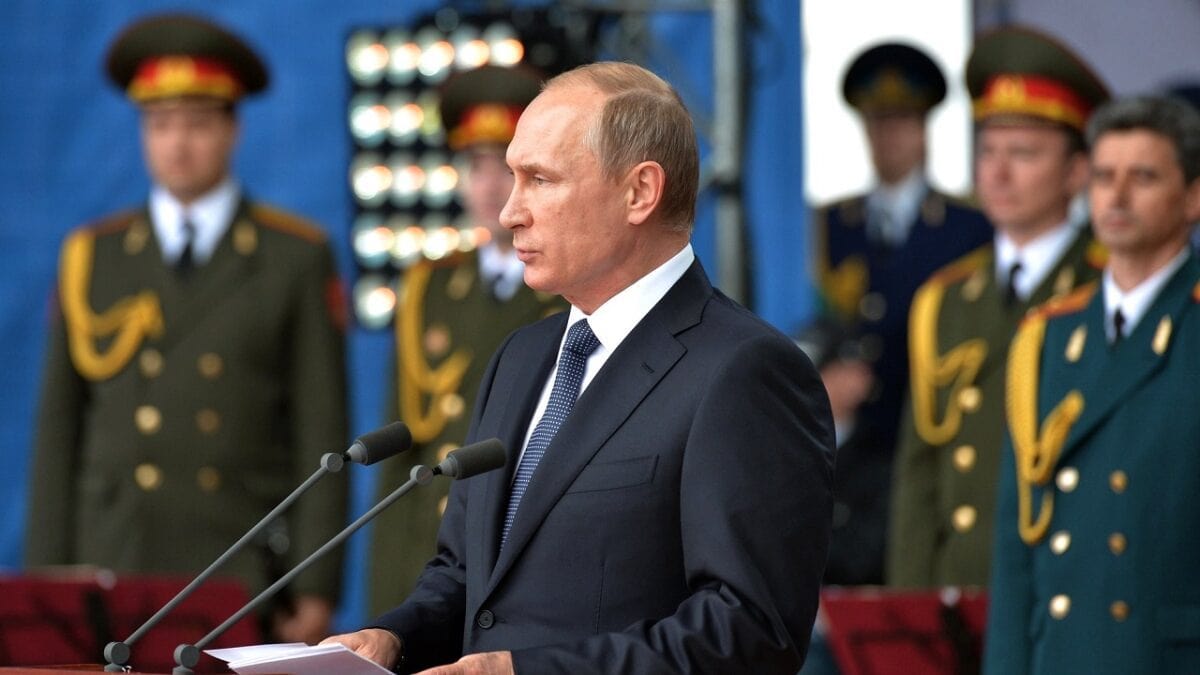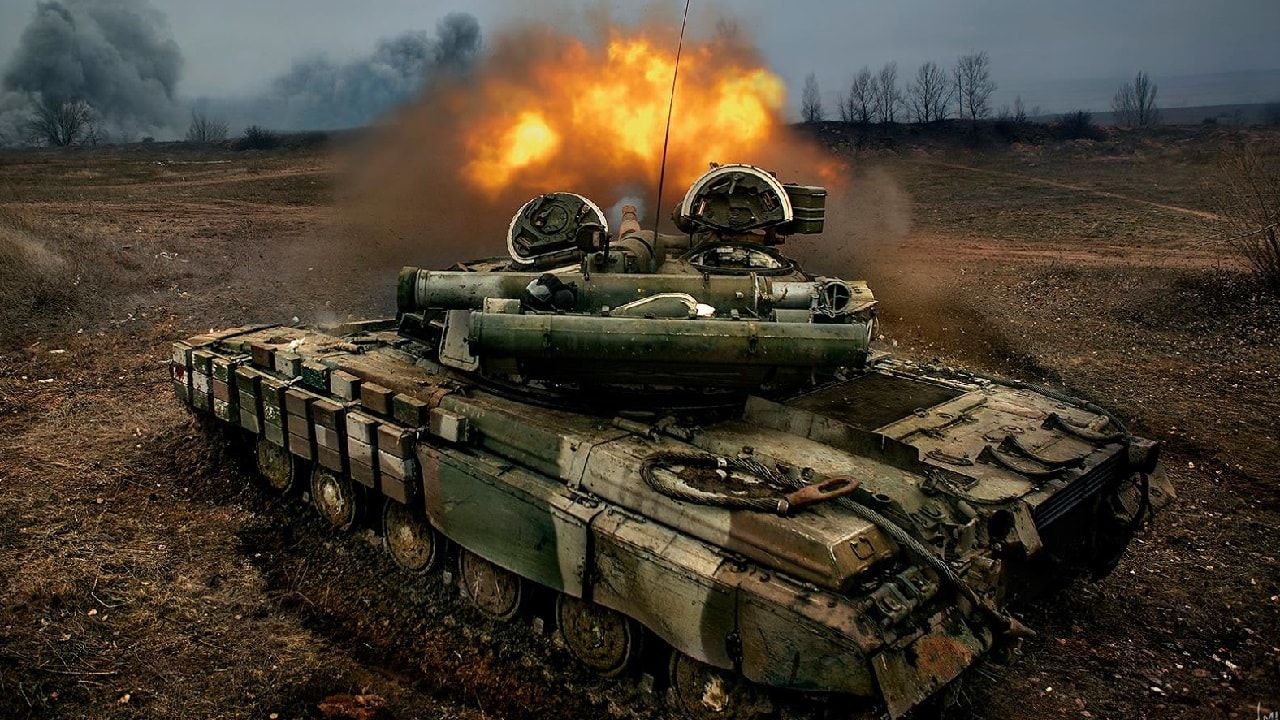Russian Mobilization Means a Long, Grinding War of Attrition in Ukraine – There is growing anxiety that Russian President Vladimir Putin will shortly declare war on Ukraine and mobilize Russian military reserves for use in his fight. The announcement seems likely to fall on May 9, V-E or Victory in Europe Day. Nazi Germany surrendered on that date in 1945, and it is a major Russian holiday. So far, Russia has not taken the formal step of a war declaration against Ukraine. Putin originally titled his invasion a ‘special military operation.’ He expected a blitzkrieg victory – a quick, in/out decapitation of the Ukrainian government.
Instead, Putin has stumbled into massive conflict. Ukraine did not roll over; it fought harder than anyone anticipated. Putin was defeated in the battle of Kyiv, and the conflict has grown into a proxy war with the West. Putin is now fighting the combined weight of Western economies, supporting a highly mobilized, high-morale client army.
Putin is now desperate. Facing this surprisingly tough and now well-resourced opponent, he needs to mobilize the total weight of Russian power if he is to win conventionally. His other options – admitting defeat and retreating, or escalating with a weapon of mass destruction (WMD) – have massive downsides. Failure could jeopardize him at home; WMD escalation could easily spin out of control. Perhaps if he can throw enough men and material at the eastern Ukrainian Donbas region, he can still claw out enough success to declare some manner of ‘victory.’
A Declaration of War
The conflict is very obviously not a ‘special military operation’ anymore. Not even Russian media can obscure what has exploded into Russia’s largest conflict since the Soviet invasion of Afghanistan in 1979. Originally, Putin sought to obscure the conflict from his own people. Even his own soldiers did not fully know of the plan to invade Ukraine.
The intention was to prevent popular resistance by blocking the Russian public from knowing about the war until it was over. By the time the Russians knew what happened, the whole thing would be finished. Like the snatching of Crimea in 2014, this ‘special military operation’ was to be a fait accompli. This information blackout strategy left the field open to Ukraine which aggressively shaped the world’s perception of the conflict. As the war backfired, Putin could no longer hide it. So he rhetorically doubled down, casting the conflict as an existential battle with the West.
Framed this way, Russia must mobilize all its resources to win. A declaration of war legally allows Putin to do that, including the broader use of conscripts in the war.
Mass versus Quality
This is tough news for the Ukrainians of course. It suggests Putin will re-double his efforts in Donbas. If Putin can genuinely mobilize tens of thousands more soldiers – it is unclear if he can get away with that scale of mobilization without domestic resistance – then he can flood the battlespace with new units in a bid to simply overwhelm the Ukrainians. For Ukraine to fight this off, the West would need to dramatically scale up its assistance so that the quality of Ukrainian forces would outweigh all this new Russian quantity.
If Putin does mobilize like this, this promises a major expansion of the war and a substantial escalation in the amount of violence. The fight will become a brutal grind as Russia seeks to overwhelm Donbas’ defenders with sheer mass.

Vladimir Putin at the opening ceremony of the international military-technical forum.
Silver Lining?
The only good news from this course of action would be the Russian rejection – at least for the moment – of the use of WMD in Ukraine. There has been running anxiety for more than a month – since the Kyiv assault bogged down – that Putin would try to break the emerging stalemate with a WMD escalation. This would be a significant qualitative shift in the war – something which more conventional mass instead through mobilization is very clearly not. WMD use would almost certainly pull NATO directly into the war; a NATO-enforced no-fly zone, sought by Ukraine from the start of the conflict, would be a likely response, plus a massive step-up in the quality of NATO weapons transferred.
Putin has wisely avoided this difficult course so far. Where a slide into WMD combat would end is frightening to contemplate. If Putin declares a mobilization on May 9, that would almost certainly indicate a deferral of possible WMD use. More Russian soldiers in Ukraine means more of them exposed to potential WMD fallout. And conquering Ukraine, if parts of it are devasted by WMD, makes no sense.
This shift would portend a more prolonged, brutal war, making a WMD strike less likely.
Dr. Robert E. Kelly (@Robert_E_Kelly; website) is a professor of international relations in the Department of Political Science at Pusan National University. Dr. Kelly is now a 1945 Contributing Editor as well.

